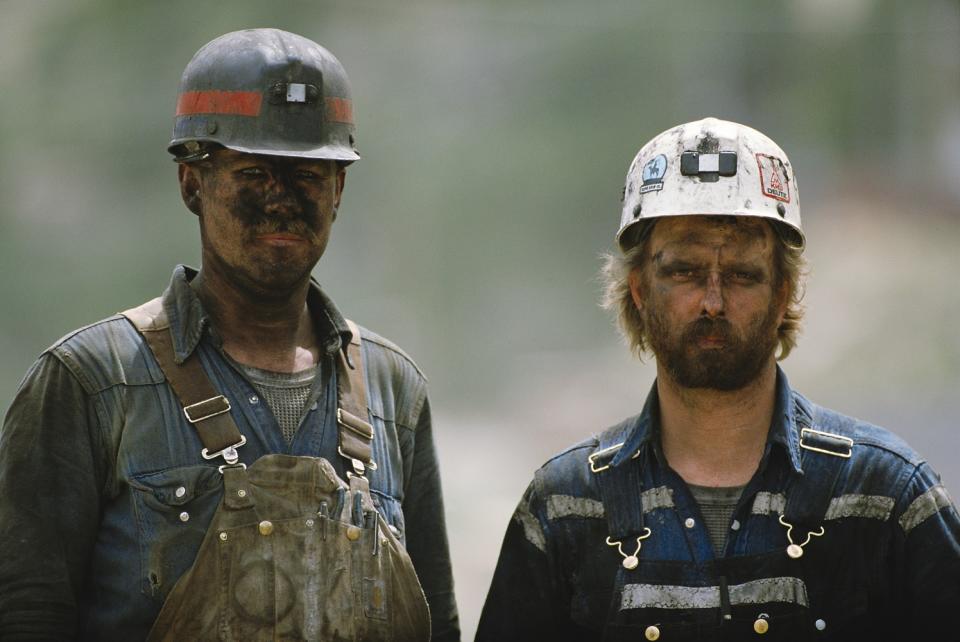Here's Why These Coal Stocks Got Crushed on Thursday
What happened
Shares of three North American coal producers, Peabody Energy (NYSE: BTU), Arch Coal (NYSE: ARCH), and Warrior Met Coal (NYSE: HCC), were down 11.6%, 11.8%, and 12.7% respectively at 3:40 p.m. EDT on Aug. 1.
Both Peabody and Warrior Met Coal are down today following the release of their second-quarter earnings after market close on July 31. Arch Coal, which reported earnings about a week ago, seems to be riding Peabody's coattails downward today.

Image source: Getty Images.
So what
Let's start with Peabody: It reported revenue of $1.15 billion, down from $1.31 billion last year but relatively in line with Wall Street estimates, and earnings of $0.34 per diluted share, down by almost two-thirds from last year.
Next, Warrior Met Coal, a small, metallurgical coal-focused miner, reported pretty solid results. It sold 2.2 million short tons of coal, a record amount and up 14% year over year. Earnings per share were $2.43, up 41% from $1.72 per share last year. The company also generated solid positive operating and free cash flow in the quarter.
Moreover, Warrior Met raised its full-year coal sales and production guidance from a range of 7.1 million to 7.6 million short tons, to one between 7.5 million and 7.9 million short tons. Nonetheless, the market's fears (more on those below) more than overrode any positives from its earnings release.
Where does Arch come into this? Arch and Peabody recently announced a joint venture in Wyoming's Powder River Basin, where both companies have substantial coal mining operations; while that's a small part of the whole for each business, the two have relatively similar profiles and operations, so it's not surprising to see their stocks move together.
But these recent earnings reports are only part of what's probably driving today's big sell-off.
Now what
Looking beyond Peabody's and Warrior Met Coal's earnings results, today's declines are very likely due in part to the Trump administration's plan for an additional 10% in tariffs on top of existing trade actions on Chinese goods.
In all, these new tariffs would affect some $300 billion in (largely) consumer goods. But investors clearly worry that escalating the U.S.-China trade war further, at a time when many global economic indicators point toward slowing economic growth, could compound matters.
All this comes back around to highly cyclical industries that provide substantial business to these coal miners, including steelmakers -- and through them, heavy industry, which uses steel to build everything from washing machines to container ships. Simply put, fears of global recession, which would play havoc for coal miners, dominate investor sentiment. And that's before we even factor in the reality for coal used to generate electricity: It continues to lose market share around the world to cheaper and cleaner-burning natural gas.
Put it all together, and today was a bad day for coal, in what has been a bad decade for this out-of-favor hydrocarbon.
Sure, all three of these coal stocks could bounce back, and Warrior Met's niche in metallurgical coal for steel production should give it better long-term prospects. However, there are many very good reasons for investors to avoid the coal sector.
More From The Motley Fool
Jason Hall has no position in any of the stocks mentioned. The Motley Fool has no position in any of the stocks mentioned. The Motley Fool has a disclosure policy.
This article was originally published on Fool.com

 Yahoo Finance
Yahoo Finance 